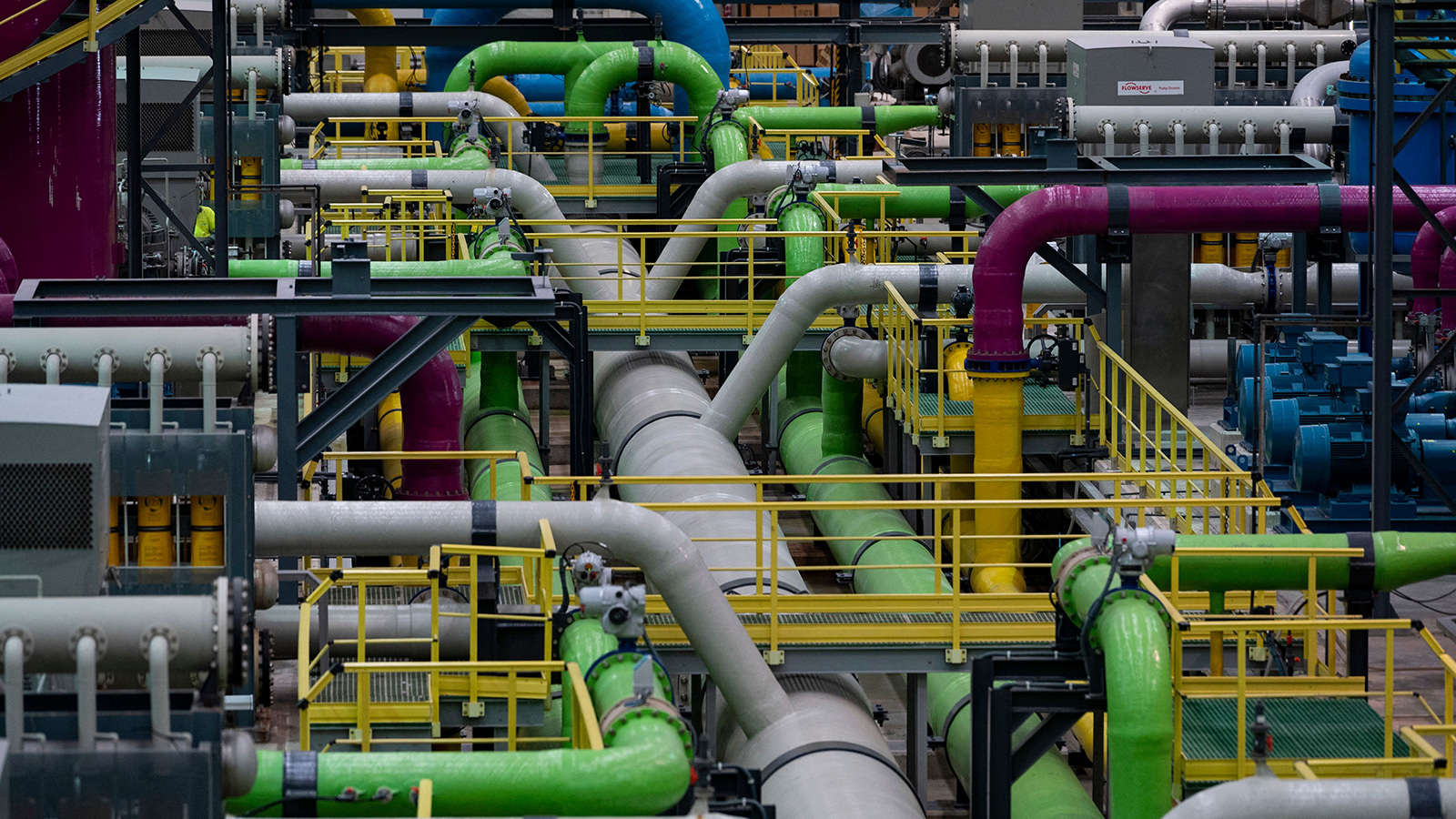

You will gain valuable know-how related to reverse osmosis plants on:
Plant & technical support managers, O & M supervisors, senior mechanical and electrical engineers, senior chemists, environmental and consulting engineers for reverse osmosis plants.
Contents:
Part I: Membrane Modules Configuration:
Part II: RO System Configuration and Design Parameters
Part III: Reverse Osmosis System Operation and Maintenance
Part IV: RO Engineering Design Process
Part V: Corrosion Introduction
Part VI: Technical
Part VII: Maintenance
Part VIII: Administrative
Part IX: Safety
Part X: Troubleshooting Spiral Wound RO & NF Systems
Part XI: Cleaning RO and NF Membrane Elements
SUMMERY AND CLOSING
BTS attendance certificate will be issued to all attendees completing minimum of 75% of the total course duration.
| Code | Date | Venue | Fees | Register |
|---|---|---|---|---|
| PE217-01 | 19-04-2026 | Manama | USD 5450 | |
| PE217-02 | 12-07-2026 | Cairo | USD 5450 | |
| PE217-03 | 05-10-2026 | London | USD 6950 | |
| PE217-04 | 20-12-2026 | Dubai | USD 5450 |
Providing services with a high quality that are satisfying the requirements
Appling the specifications and legalizations to ensure the quality of service.
Best utilization of resources for continually improving the business activities.
BTS keen to selects highly technical instructors based on professional field experience
Since BTS was established, it considered a training partner for world class oil & gas institution
1st floor, Incubator Buildingو Masdar City, Abu Dhabi, UAE
Sun to Fri 09:00 AM to 06:00 PM
Contact Us anytime!
Request Info